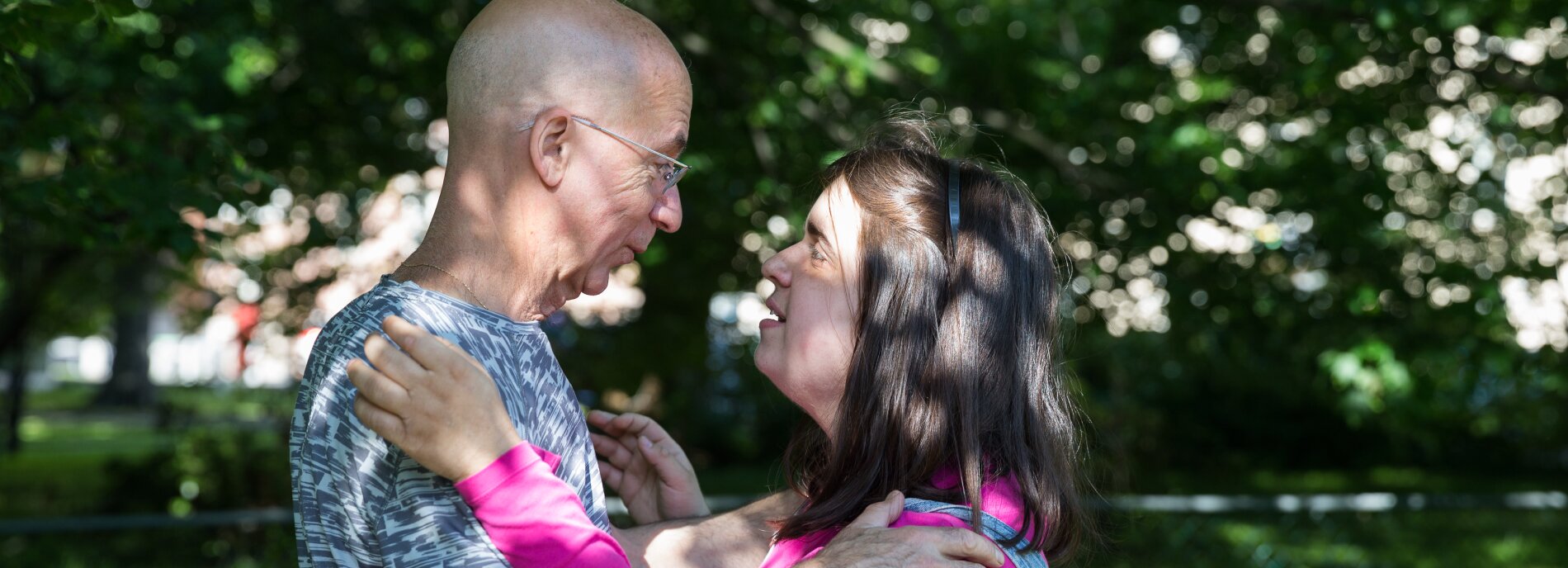
I’m honored to have written this story of a rare, severely debilitating disorder; the researchers trying to crack it; and the uncommon love between a father and his 24-year-old daughter.
You should read it here. For those who like teasers:
The first sign, at least in retrospect, was a reticence, he recalls in the memoir, that Gina hadn’t been displaying as she blossomed through her second and into her third year: “a little less eye contact … a little less chatter, a little more pointing.” In the stroller, rolling around Rome, she sometimes sat quietly upright, not relaxed, her eyes fixed forward.
For a time, these changes seemed explainable by their move to Italy. Her older sister was in school full-time, while Gina went to preschool just two or three days a week. It didn’t seem odd that Gina had few friends over and tended to play quietly alongside them.“She just needs time is the truce I offer the situation,” writes Bernardo about that year, “as if it were mine to offer. Piano, piano, the Italians say: little by little.”
Yet by October 1995, when Gina was 3, both her parents were shocked but not exactly surprised when a teacher said she thought Gina might have autism.
Six months later, after the family moved back to the United States, a specialist in New York agreed — “she was emphatic about it,” says Bernardo — and suggested they see Yale’s Fred Volkmar, a leading expert, then and now, in obscure developmental disorders, including CDD. Gina, now 4, was far behind where she’d been a year before. Volkmar told them she had CDD.
Today, Bernardo recognizes that Gina is lucky, as these things go, and significantly more capable than many people with CDD. Yet getting the diagnosis then “was devastating,” he says, and part of him initially refused to accept it. Much would fall away in the months and years to come, including his marriage to Gina’s mother. At first, though, there was grief. “There were a lot of tears there. There still are sometimes,” he says. “You have this idea of what’s possible in your child’s life. It’s a really hard thing to let go of.”
The most terrifying childhood condition you’ve never heard of, at Spectrum.